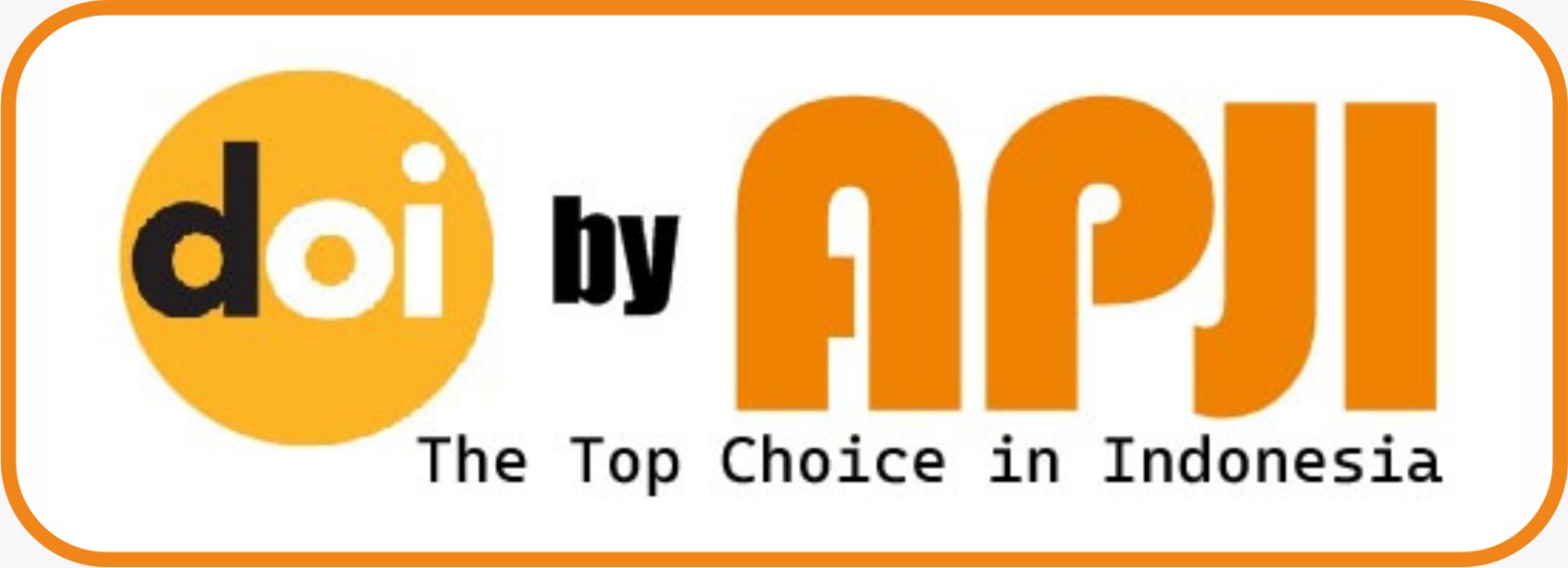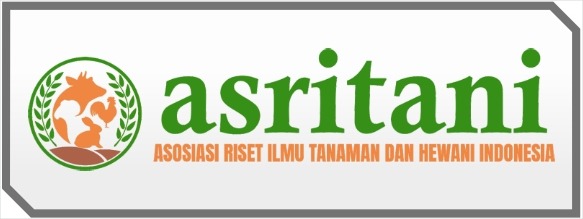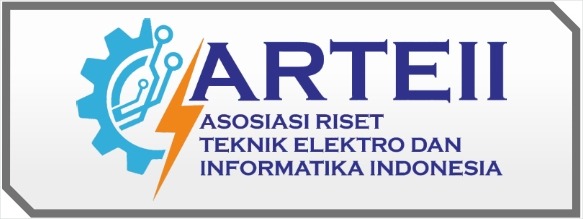Green Sukuk as Sustainable Financing Instruments: Socio-Economic and Environmental Impacts in Southeast Asia
DOI:
https://doi.org/10.69930/jsi.v2i3.360Keywords:
Green Sukuk, Islamic Finance, Sustainable Development, Climate Finance, Environmental ImpactAbstract
This study examines the emergence and impact of Green Sukuk as sustainable financing instruments in Southeast Asian economies, with particular focus on Malaysia, Indonesia, and Singapore. Green Sukuk represents a fusion of Islamic finance principles with environmental sustainability goals, offering a unique mechanism for funding climate-friendly projects while adhering to Shariah requirements. Through qualitative descriptive research utilizing library research methodology, this paper analyzes the socio-economic and environmental impacts of Green Sukuk issuances across Southeast Asia from 2017 to 2024. Findings reveal that Green Sukuk has facilitated significant capital mobilization for renewable energy, sustainable infrastructure, and clean transportation projects, while simultaneously promoting financial inclusion, creating green jobs, and supporting climate adaptation efforts. The study identifies critical success factors including robust regulatory frameworks, standardized reporting mechanisms, and strategic government support. However, challenges persist in terms of limited investor awareness, varying Shariah interpretations, and nascent impact measurement frameworks. This research contributes to the growing discourse on sustainable Islamic finance by offering a comprehensive analysis of Green Sukuk's multidimensional impacts and providing policy recommendations to enhance its effectiveness as a sustainable financing instrument in the Southeast Asian context.






















